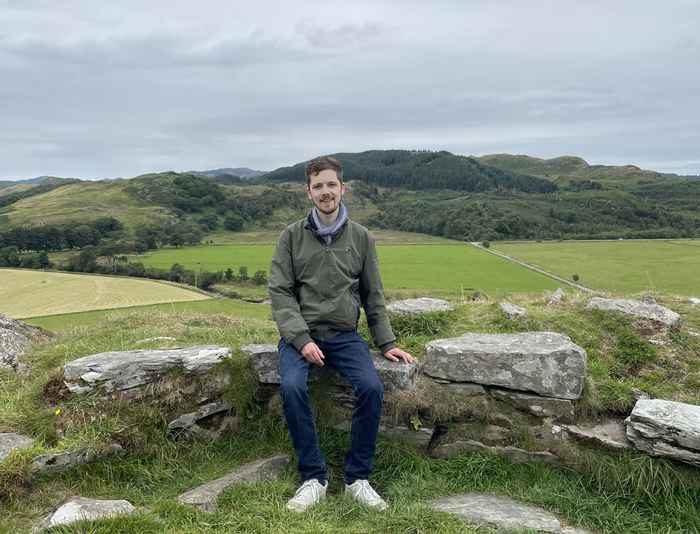Meet the changemakers: Lukas Hofmann
29 October 2025

Hofmann is part of the Amsterdam Business School's Finance section and a member of the Research Centre for Sustainable Investments and Insurance.
His work sheds light on how climate risks influence purchasing decisions, and how policy can respond to protect both the environment and society. ‘Real estate is exposed to a wide range of climate risks – from more frequent droughts to stricter energy efficiency requirements. At the same time, it represents the most valuable asset for many households, which makes it highly relevant from a social perspective’, explains Hofmann.
'It's already here'
Hofmann emphasizes that this risk is not abstract. ‘We can already see its effects in the Netherlands. For example, the increasing number of droughts is causing the ground to sink in many areas. This phenomenon, known as land subsidence, can damage the foundations of houses and make them more vulnerable to flooding. In a study conducted with my supervisors Marc Francke and Martijn Dröes, we found that home buyers are already taking this risk into account when deciding to purchase a home.’
‘I have long been drawn to environmental issues, but the growing frequency and severity of extreme weather events shows that climate change is no longer a distant prospect – it’s already here. With my research, I aim to better understand how climate change affects our societies, and to provide insights that can help shape climate policies which address both environmental and social consequences.’